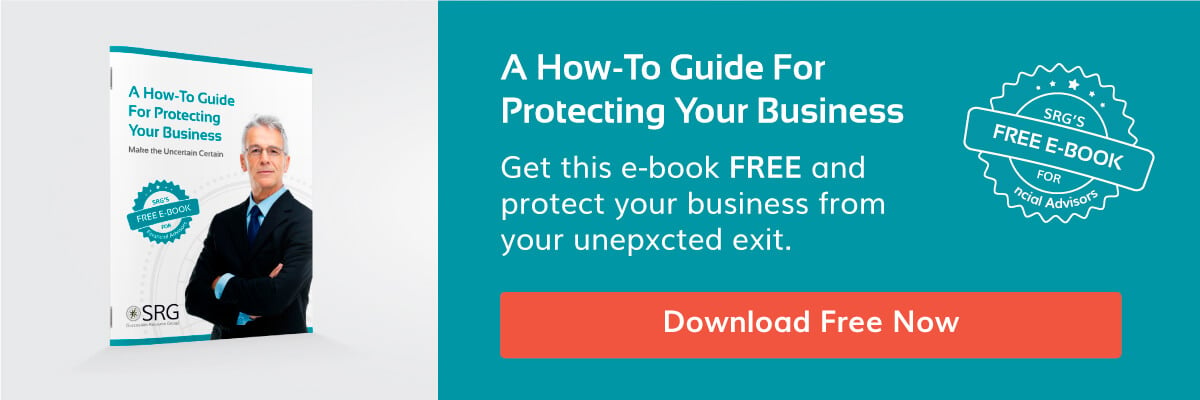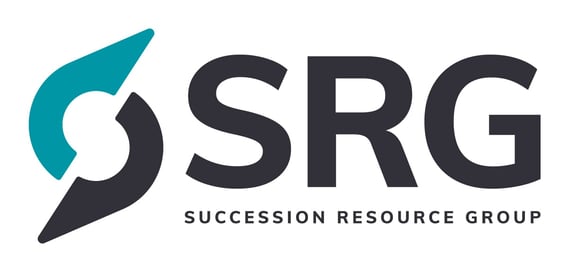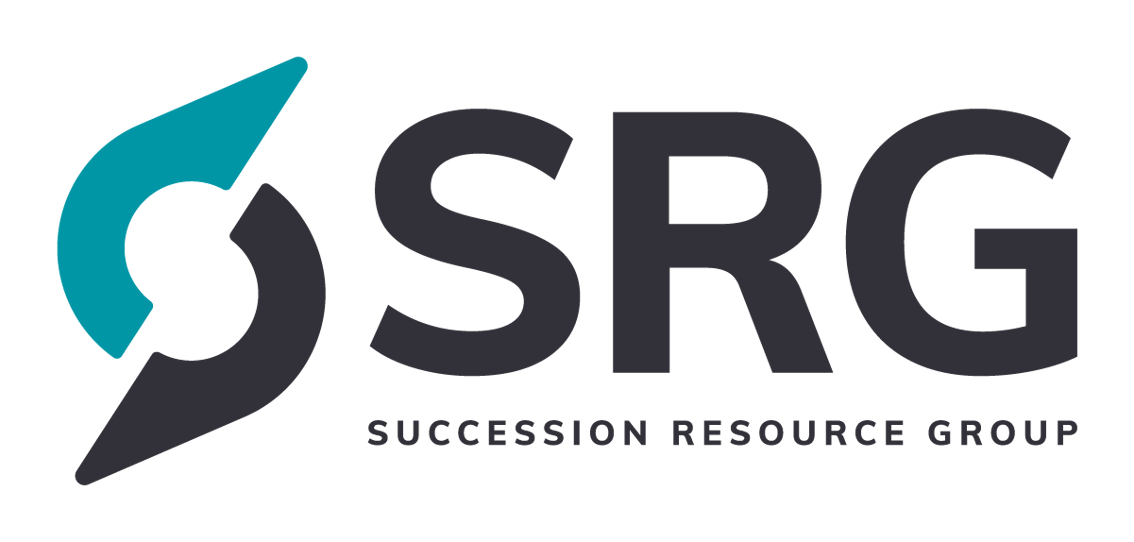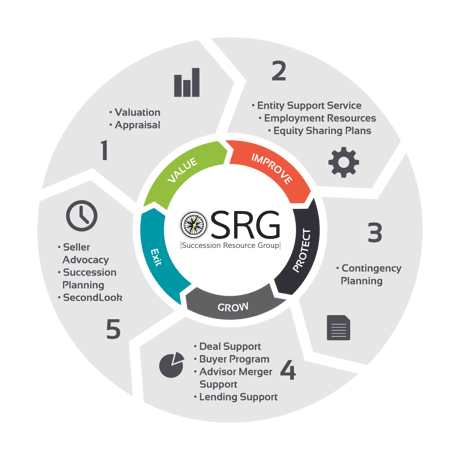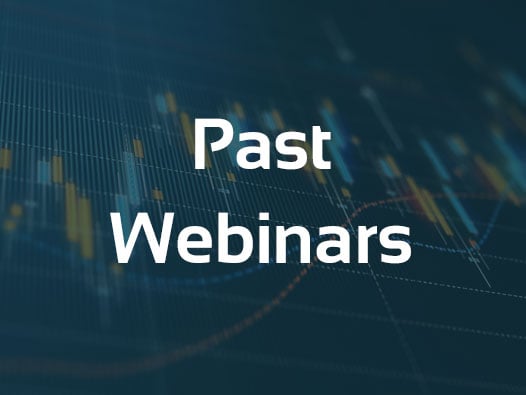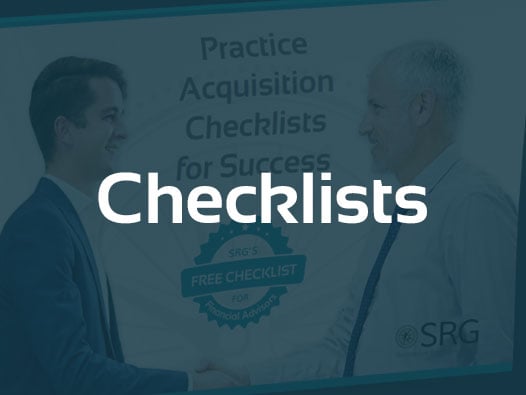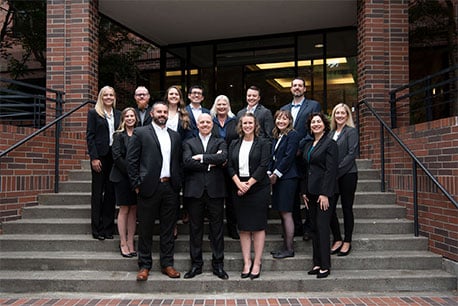What is a contingency plan?
A contingency plan is an agreement between two or more advisors designed to protect your business in case of your death, disability (temporary or permanent), loss of license, and possibly even retirement (although most plans do not deal with succession planning). There are a variety of plan types to solve for these issues:
- Revenue Sharing Agreements --- This plan type is the most basic, simply agreeing at the broker-dealer level to share revenue between a named successor and your spouse. While simple and easy to setup, many broker-dealers no longer support these types of plans and they provide the exiting owner the least favorable tax treatment.
- Buy-Sell Agreement --- This plan type is a contract between an owner and potential buyer to sell the business in case of a triggering event and contains a valuation methodology, payment terms, and other obligations of the parties necessary to create a turnkey plan that could be quickly executed and provide the selling advisor or their spouse/estate with the most favorable tax results.
- Cross Purchase --- Similar to a Buy-Sell Agreement but this type of agreement is reciprocal with the two parties agreeing to purchase in case of a triggering event.
- Shareholder/Partnership Agreements --- These contracts are among multiple owners of a company, ensuring that in case something happens to an owner, the business continues and the family receives the value. Given the internal nature of the transition, these plans have very good retention rates and are tax favorable relative to a revenue sharing agreement.
- Contingency Retainer --- For advisors that do not have a contingency partner, but want to ensure the business is transferred to a qualified successor and a fair value is received, a Contingency Retainer agreement is a standby type of agreement between the advisor, Succession Resource Group, and the broker-dealer/custodian. The agreement engages SRG to work with the spouse and broker-dealer/custodian to find and close a deal with a buyer, usually within 60 days of a triggering event.
I already have life insurance (or, I don’t need the money), do I need a contingency plan?
A contingency plan has two main priorities: 1) Ensuring that your business and clients are taken care of in your absence; and 2) Providing you/your estate with a fair value for what you’ve built. Insurance can be a part of the second priority, but is only one piece of the “puzzle.” And, even if you don’t need or want the value out of your practice, making sure your clients are taken care of in the event something happens to you is a priority for all advisors. In a professional service business, death or the disability of the owner/founder leaves the clients, employees, and business without any direction and results in a rapid loss of the clients and therefore value. From a compliance perspective, those affiliated with a broker-dealer also need to ensure they comply with FINRA’s continuing commission policy, and if there is no bona fide plan in place, it is very challenging to get any value out of the practice.
What is the best valuation methodology for a contingency plan since the practice is likely to grow/shrink over time?
There are three common strategies used in advisor contingency plans:
- Stated value, updated annually or bi-annually; or
- Value the business at the time of sale; or
- Develop a formula in the contract at the time of signing that can be applied at any point to determine a “fair” value. The key is to keep the formula simple, so that there is no room for error or interpretation by different parties.
Should the value of my business be discounted for a contingency plan?
Yes, the value of your business under normal circumstances, such as retirement, will be greater than the value of your business if you are unable to support the transition (death or disability for example). The lower value can be accounted for in one of two ways: 1) Explicit discount; or 2) Implicit discount.
Most contingency plans are funded out of cash flow, over an extended period of time, meaning that the seller or seller’s estate will receive a lower value when the time value of money is considered. If the plan is to fund the practice over an industry standard payment length, something close to 4 or 5 years, then it is common to explicitly discount the value of the business by 15%-35% depending on the nuances of the business.
How are contingency plans typically funded?
Contingency plans for advisors are typically funded either using a term life insurance policy on the seller’s life or out of the cash flow of the business.
- Life insurance – Paid for by the potential seller with the buyer as the beneficiary. If the seller dies and buyer receives proceeds, all premiums paid by seller are added to the value calculation owed by the buyer.
- Cash flow – If life insurance is not used, a promissory note paid over 7-8 years is the most common alternative. Given the heightened risk of buying a practice where the owner is suddenly gone, most notes have a true-up mechanism built in that will readjust the note at the end of the first year if there has been material attrition.
What are the tax implications of a contingency plan?
A Revenue Sharing type of agreement is all paid to the seller or seller’s estate on a 1099-MISC, and is therefore less favorable to the seller. A Buy-Sell, Cross Purchase, or Shareholder Agreement will generally provide the recipient with long-term capital gains tax treatment, or in some cases no taxes at all depending on the spouse’s step-up in basis at the advisor’s passing. Once you have a draft of your plan put together, be sure to consult with your tax professional on your specific situation.
Who should I create my contingency plan with?
Most contingency plans are between two peers running separate practices. If possible, a plan with a partner or internal successor will generally provide for a smoother transition for the clients, but many internal successors are not necessarily ready to buy the business today should something happen. A plan with a peer provides for an immediate successor who knows how to service clients and run a business. And, a plan that is communicated to your clients in advance can often provide a qualified successor and reduced risk of attrition.
Would my spouse be a good contingency partner?
In most cases, although a spouse might know the clients and potentially work with you on a day-to-day basis, if the spouse is not licensed, the spouse would not be able to purchase the business and service the clients. They could agree to get licensed, but given contemplated triggering events, it is unlikely they will want to, or be able to, take the time to get licensed.
I signed my contingency plan, now what?
The next step is to communicate the plan to your stakeholders. A signed contract in a filing cabinet is better than no plan, but by a slim margin. For a plan to work well, the broker-dealer and OSJ need to be aware of it and be able to support it, as well as the clients. Most advisors will either send a letter or discuss the contingency plan with their clients, just in case it is ever needed.
Explore more Succession content
